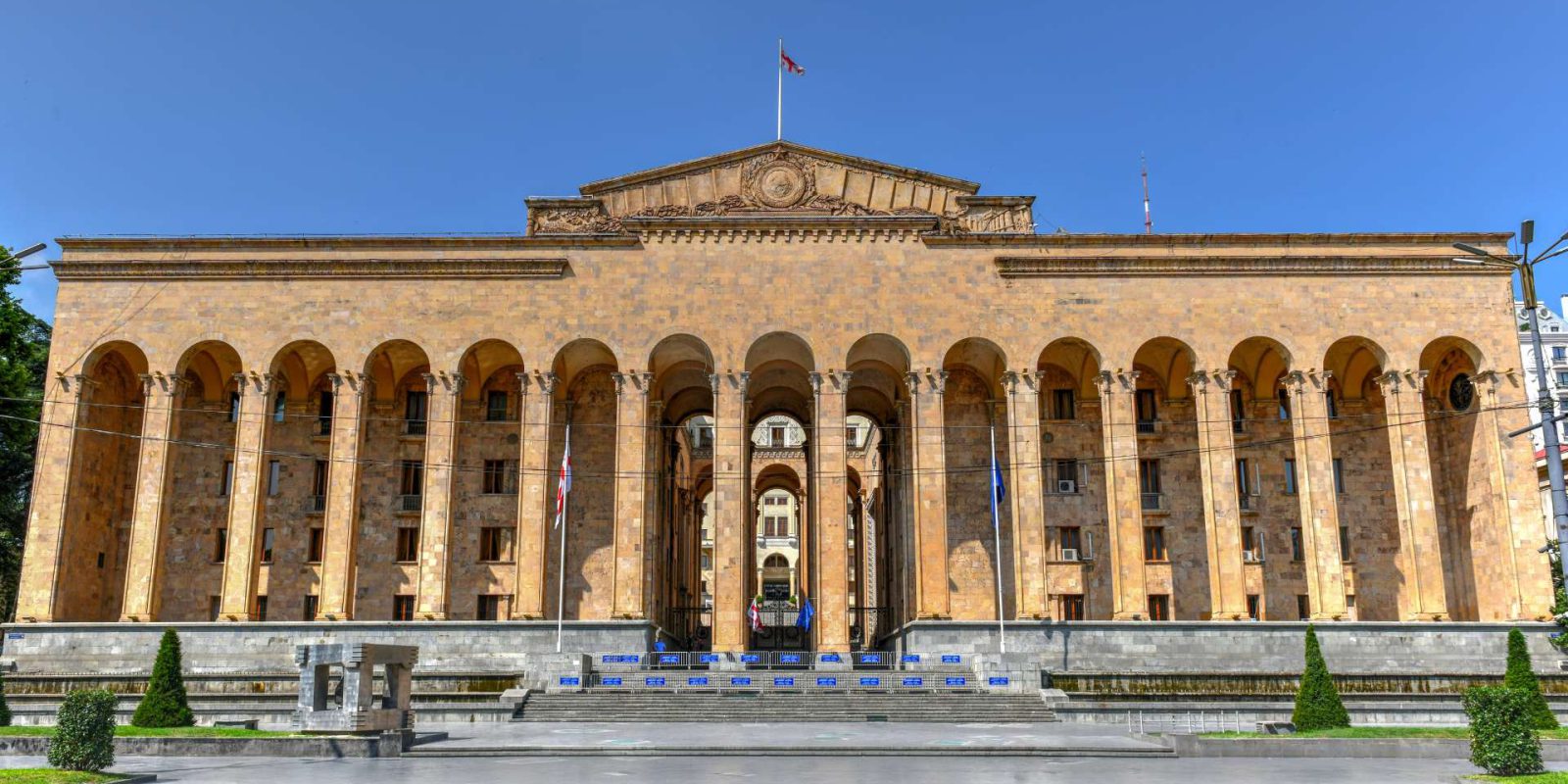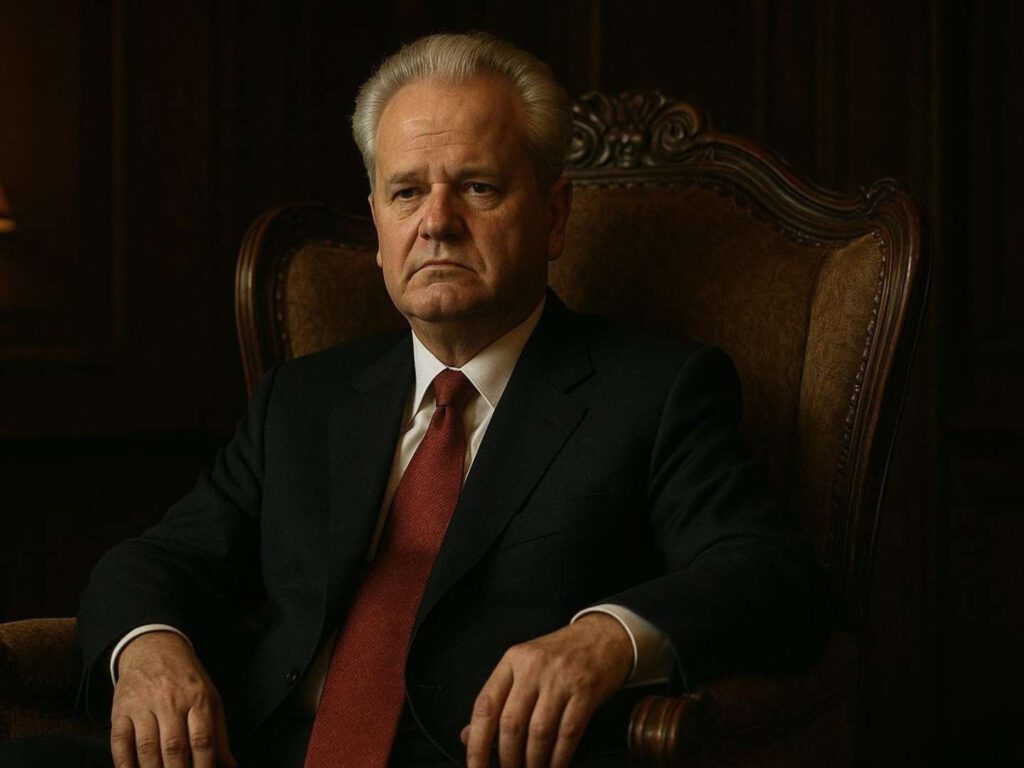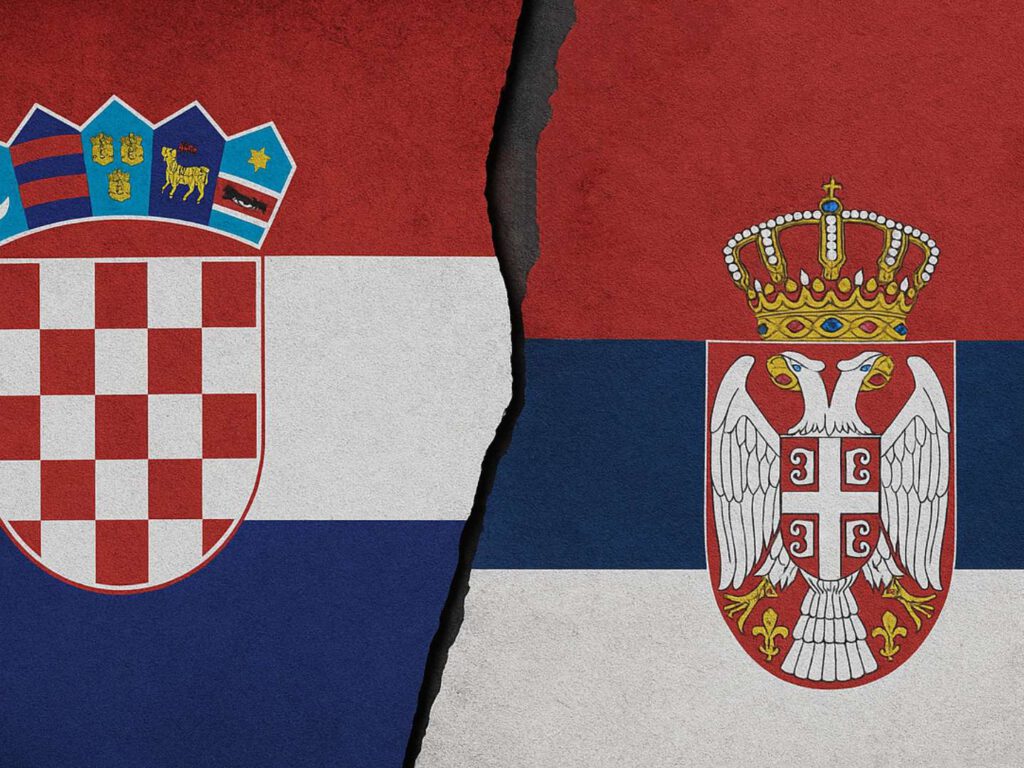Georgia prepares for decisive parliamentary elections

Parliamentary elections will be held in Georgia on October 26. The opposition refers to these elections as a referendum in which the country’s democratic future is at stake.
For the past 12 years, the country has been governed by the Georgian Dream party. Initially, Georgian Dream was a coalition that united several small pro-Western parties. Over time, the coalition disintegrated, with the majority of its former members moving into the opposition, leaving Georgian Dream as the sole ruling party.
As the years passed, there was a growing trend toward authoritarianism, though it was not easy to detect, especially as the country continued its aspiration to join the European Union. In 2017, Georgian citizens gained the ability to travel to EU member states without a visa, and in 2023, Georgia also received EU candidate status.
Georgian Dream party and propaganda of war
Georgia, unlike other former Soviet republics, went through one of the hardest socio-political paths for gaining independence: civil war, ethno-conflicts, and complete economic collapse.
The last military confrontation occurred in August 2008, when Russia openly attacked Georgia and occupied 20 % of its territory. Based on these experiences, the Georgian society wanted to continue its pro-Western political stance and aspiration, but with moderate rhetoric toward Russia. The Georgian Dream party, more or less, managed to handle this challenge, but it was unable to improve economic and social well-being, which led to a decline in the party’s rating in every election.
The so-called balancing policy came to an end in 2022 with Russia’s invasion of Ukraine. The government systematically began sabotaging Georgia’s Western trajectory, shifting the country toward the Russian political orbit. In 2024, the authorities passed the so-called „Russian law“, which led to months of continuous protests. During this period, the country experienced violence and mass arrests unprecedented in the last two decades of Georgian history. It is clear that the aim of this law was to pressure non-governmental organizations and political parties before the elections, or even to abolish them entirely. However, this political gamble proved to be extremely damaging for the government.
The United States imposed sanctions on dozens of government officials, including two individuals on the „Magnitsky List“ (out of a total of four people, with the additional two being leaders of pro-Russian radical violent groups). Also, the U.S. prepared a sanctions package against the informal ruler of the country, oligarch Bidzina Ivanishvili, who is accused of state capture.
The European Union officially suspended Georgia’s accession process and effectively boycotted representatives of the Georgian Dream government, even refusing to invite them during formal meetings.
War with Russia as deterrence
Caught in this difficult situation, Georgian Dream has come to manipulate public opinion by all means. One of their latest tactics involved displaying the banners of destroyed Ukrainian cities across the country. The government is attempting to frighten the population with the prospect of war with Russia, claiming that an opposition victory will trigger another Russian aggression.
The government’s political rhetoric has turned entirely pro-Russian. They speak of a corrupt Europe seeking to turn Georgia into a colony, promote pseudo-conservative ideas, and have passed an anti-LGBT law, all while fueling conspiracy theories. One such theory is the „Global War Party“ based in the U.S., a vague entity allegedly working to drag Georgia into war with Russia, in opposition to Georgian Dream’s so-called „peace policy“. The United States and the European Union have been supporting Georgia in various ways for decades, but today the Georgian government has entered into direct political conflict with them. In contrast, they remain silent on Russia, which has occupied Georgian territories, continues the so-called „creeping annexation“, illegally detains locals at the border, and even kills them. For example, in 2023, Russian soldiers at the occupied border killed a local resident who had gone to pray in a church. The government remains silent on all these issues.
Additionally, one of their pre-election promises, no matter how unbelievable it sounds, is to prosecute and ban opposition parties. Bidzina Ivanishvili declared: „Georgian Dream needs a constitutional majority to judge the National Movement. We need a constitutional majority to rid the country once and for all of the heavy burden that has haunted it for two decades. We will initiate a legal process, as a result of which the National Movement and all its satellite and successor parties will be banned, for which there are all legal grounds.“ (National Movement is the political party that governed the country from 2004-2012)
Ironically, the „Russian law“ not only failed to weaken non-governmental organizations, but it also united them, gaining overwhelming public support. The vast majority of these organizations defied the law by refusing to register in the „list of agents,“ and the authorities did not dare to take the countermeasures stipulated by the law.
In 2024, Georgian Dream faced a disaster, both internationally and in domestic elections. Due to their pro-Russian rhetoric, the violence within the country, and other factors, they also lost part of their voter base. In the eyes of Georgian society, the government has become completely marginalized, it is considered shameful for the youth to support them. At first glance, it may seem that the elections on October 26 will result in a victory for the opposition, but the situation is much more complex.
Opposition and expectations
For the first time in Georgia’s history, parliamentary elections will be held under a fully proportional representation system. A party must pass the 5 % threshold to secure a mandate in parliament and 60 % of seats are required to achieve a constitutional majority.
President Salome Zurabishvili plays a significant role in the pre-election process. Initially appointed to office with the support of Georgian Dream, she has completely distanced herself from the party over the past two years and is now considered the most authoritative figure in the country. At her initiative, the so-called „Georgian Charter“ was signed by all pro-Western opposition parties. The charter proposes the formation of a technical government after the elections, which would implement necessary reforms, restore the country to a democratic path and then step down within a year to allow re-elections in a stable, healthy environment.
The opposition parties have coalesced into four political unions, united by one goal: to defeat Georgian Dream. Essentially, this election is a contest against a single political party. Zurabishvili said: Ivanishvili had declared war „on his own people and youth, on patriots” inside the country and the country’s international partners, outside. “Then we clearly found ourselves at the crossroads of our future, facing a critical choice: Either there will be a European, democratic, free and indeed decent future, or there will be a return to the past, in the grip of Russia, which shows its cruelest and most merciless face every day.”
According to a public opinion poll published on October 4, only 33 % of the population support the government, while 55 % favor the opposition. It is also noteworthy that high voter turnout is expected, particularly among young people, the absolute vast majority of whom oppose the current government.
A decisive moment for Georgia’s future
So, what is the government relying on? It is evident that their political and propaganda efforts have failed to sway the public. The mood of society is strongly negative towards them. Instead, they are leaning on so-called administrative resources, voter intimidation, and potential bribery. The government has already begun mobilizing these tactics, particularly in the regions. Public sector employees have reportedly had their identity cards taken out and are being coerced to vote for Georgian Dream through blackmail.
On the other hand, for the first time in Georgia, an electronic voter registration and voting system are introduced at most of the polling stations, which reduces the chances of falsification at the polling places to a minimum. Many in Georgian society believe Georgian Dream will not relinquish power easily. In the worst-case scenario, people fear a „Belarusization“ of the country seizing power by force.
With just days until the elections, the country appears outwardly calm, but extreme tension is palpable. Whether Ivanishvili has the resources to become a Georgian Lukashenko is unclear. Regardless, October 26 will be a decisive moment for Georgia’s future: either the country will fall under Russian-style oligarchic authoritarianism, or it will continue its path toward democratic development.
GABRIEL CHUBINIDZE is a graduate of the BA in Sociology, and MA in Modern history of Georgia at the Ilia State University in Tbilisi, Georgia. He is a MA program coordinator now. Gabriel is a conflict and modern history researcher, photographer, who is particularly invested in the history of USSR, post-soviet Georgia, conflict transformation and peacebuilding, spaces and places. The themes of soviet legacies, architecture, displacement and understandings of it is central in Gabriel’s work.








